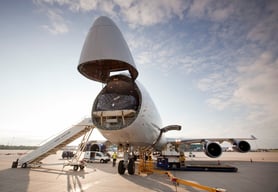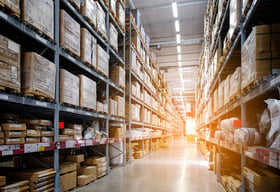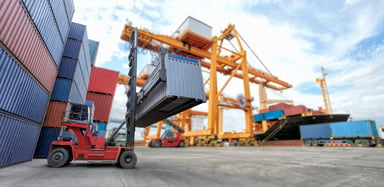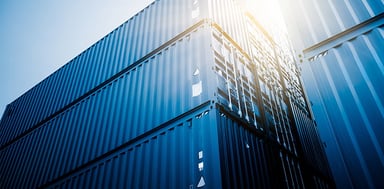
Free Alongside Ship (FAS)

Home > Freight Glossary > Free Alongside Ship (FAS)
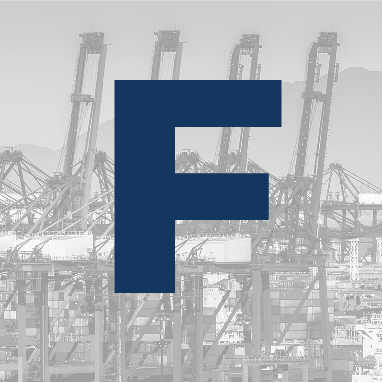
Trending
FAS Incoterm Meaning
FAS (Free Alongside Ship) is an Incoterm used in international trade that defines the obligations of the seller and buyer when shipping goods by sea or inland waterway. Under FAS, the seller delivers the goods alongside the buyer’s vessel at the named port of shipment. The term free alongside ship (FAS) means that the seller’s responsibilities end once the goods are positioned alongside the ship, and the buyer assumes all costs and risks from that point onward.
Responsibilities Under FAS
The FAS Incoterm clearly outlines the division of responsibilities between the seller and the buyer. The seller is responsible for transporting the goods to the port and ensuring they are placed alongside the ship, while the buyer assumes responsibility for the loading, transportation, and associated costs after that point.
Seller’s Responsibilities in FAS Transactions
- Deliver the goods to the designated port.
- Ensure the goods are placed alongside the ship at the agreed-upon time and location.
- Handle export customs clearance and all necessary documentation.
- Cover the costs of transportation to the port.
Once the goods are positioned alongside the vessel, the seller’s responsibilities end. This makes free alongside ship (FAS) a seller-friendly Incoterm, as the seller does not bear any further transportation or risk-related costs after this point.
Buyer’s Responsibilities When Using FAS
- Pay for the cost of loading the goods onto the ship.
- Arrange and pay for the sea or inland waterway transport.
- Cover all import duties, taxes, and fees once the goods arrive at their destination.
- Handle insurance coverage for the goods after they are delivered alongside the ship.
The buyer assumes responsibility for all risks and costs from the moment the goods are positioned next to the ship, including damage or loss during loading and transportation.
Risk and Insurance in FAS
Risk Transfer Points in Free Alongside Ship Terms
The risk transfers from the seller to the buyer when the goods are placed alongside the ship at the port. From that point forward, any damage or loss that occurs is the buyer’s responsibility. The FAS shipping Incoterms make it clear that the seller’s risk ends as soon as the goods are delivered to the specified location next to the buyer’s vessel.
Insurance Considerations for FAS Shipments
While the FAS Incoterm does not require either party to arrange insurance, it is advisable for the buyer to secure insurance coverage after the goods are delivered alongside the vessel. This protects against risks such as damage during loading or transportation.
Practical Examples of FAS
Free Alongside Ship Example Scenarios
- Example 1: A U.S. exporter of agricultural products agrees to sell a bulk shipment to a European buyer under FAS terms. The seller delivers the goods to the Port of New Orleans and places them alongside the ship. Once the goods are ready for loading, the buyer arranges and pays for the transportation to Europe and assumes all risk from that point forward.
- Example 2: A machinery manufacturer in China ships heavy equipment to a buyer in South Africa. Under FAS terms, the seller arranges for the delivery of the machinery to the Port of Shanghai, where it is positioned alongside the ship. The buyer is responsible for loading the equipment onto the ship and managing the transportation to the Port of Durban.
Real-World Applications of FAS in International Trade
The free alongside ship (FAS) Incoterm is commonly used for large or bulk cargo shipments that require special handling or equipment to load onto the vessel. It is often used in industries such as agriculture, mining, and manufacturing where goods are transported in bulk by sea. FAS is beneficial for buyers who want greater control over the main leg of the transport and are familiar with the logistics of managing freight from the point of loading onward.
FAS shipping provides a clear division of responsibilities between the seller and buyer, making it an ideal choice for sea freight shipments where the buyer wants to handle the main shipping logistics. Understanding the FAS Incoterm helps both parties navigate the complexities of international shipping while managing costs and risks effectively.
Contact
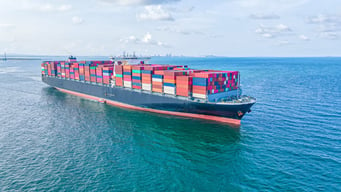
Ocean Freight

Road Freight

